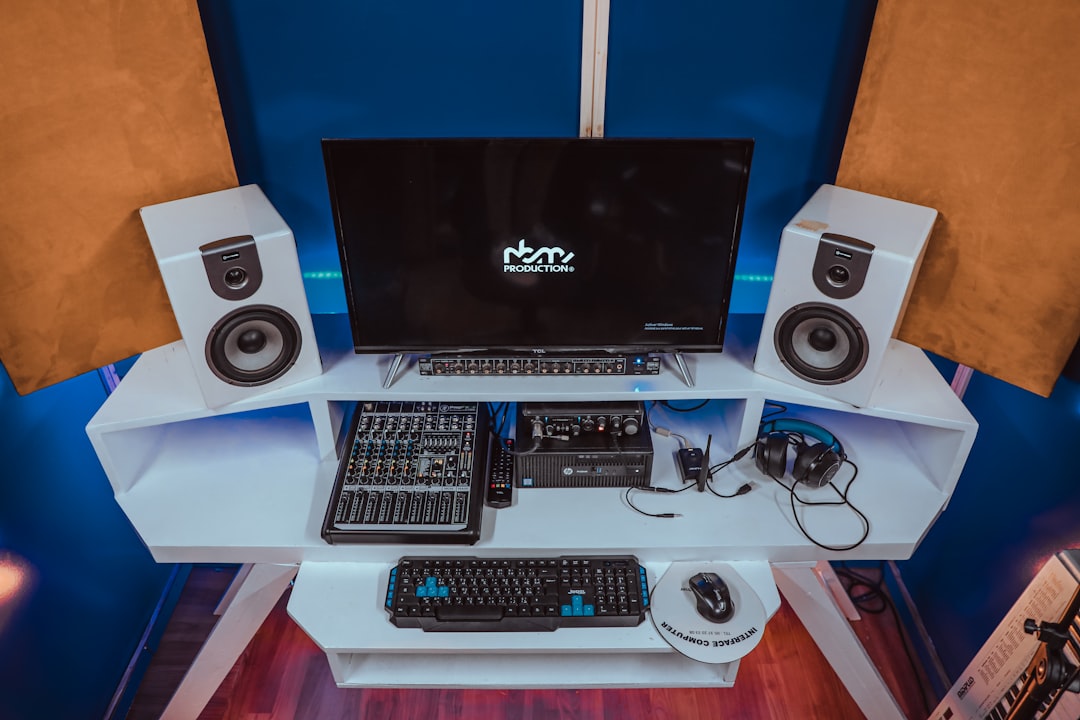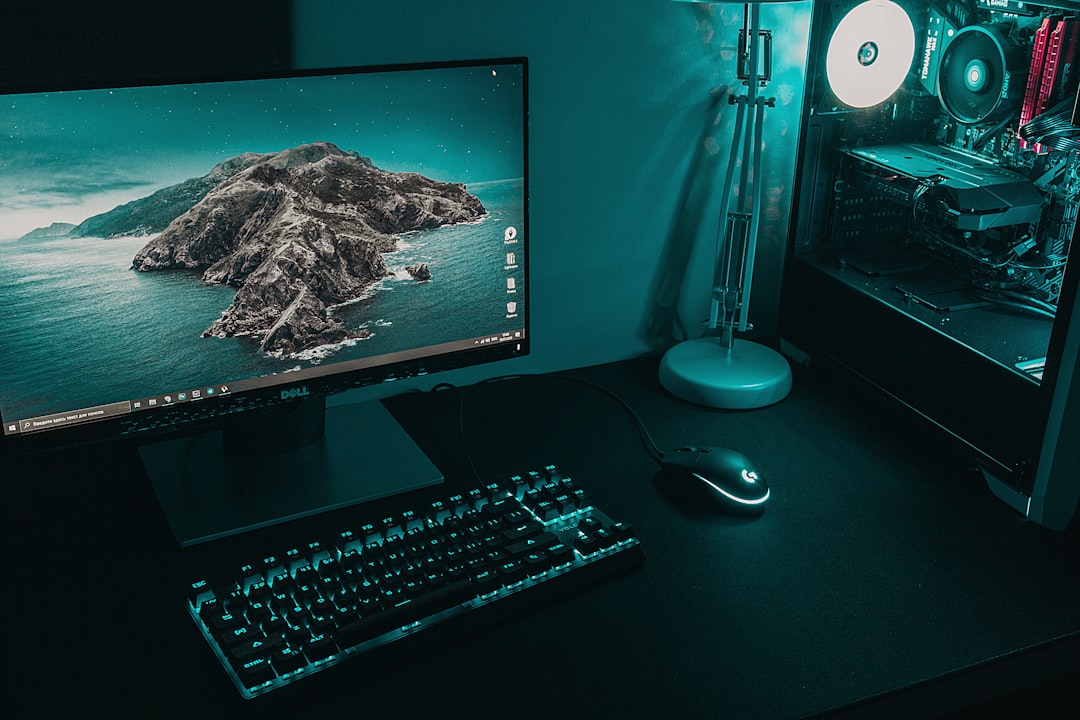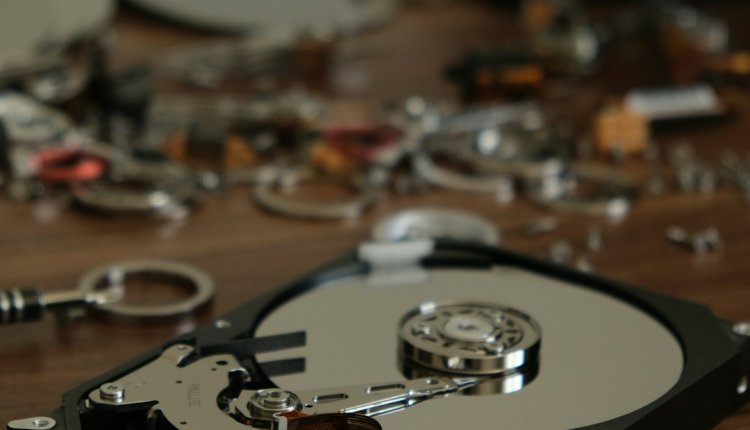How to Clean Up Your Computer to Run Faster in 2025
Is your computer feeling sluggish as we move into 2025? It’s a common issue, especially as software becomes more demanding and background processes accumulate. Regularly cleaning up your computer not only restores speed but also prolongs its lifespan. If you’re looking to boost performance without investing in new hardware, a thorough system cleanup is your first line of defense.
This guide outlines proven steps to help you optimize your computer’s performance, improve responsiveness, and ensure smooth functioning in today’s digital landscape.
1. Uninstall Unnecessary Programs
Over time, we all accumulate software that we no longer use. These programs can run background processes, consume memory, and cause conflicts with other applications.
- Open the Control Panel or your system settings and navigate to Programs and Features.
- Sort the list by name or installation date to easily spot outdated or redundant programs.
- Uninstall anything you no longer need, but be cautious not to remove essential drivers or system tools.
Many game launchers, productivity suites, and toolbars can take up significant resources, even when idle. Removing them often frees up more than just disk space—it can restore system agility.
2. Clean and Optimize Your Hard Drive
System files, temporary files, and old downloads contribute to disk clutter. Regular cleanup helps reduce hard drive wear and improves data access time.
For Windows:
- Use Disk Cleanup or search for Storage Settings to analyze which files are taking up space.
- Remove temporary files, system cache, and previous Windows installations.
- Consider using third-party tools like CCleaner or BleachBit for deeper cleaning.
For macOS:
- Go to About This Mac > Storage > Manage.
- Use the recommendations to optimize storage, such as removing large files and duplicate documents.

3. Disable Startup Programs
Too many programs loading when you start your computer can significantly increase boot time and drain performance.
To review and manage startup programs:
- Windows: Press Ctrl + Shift + Esc to open Task Manager, go to Startup tab, and disable non-essential programs.
- macOS: Navigate to System Settings > Users & Groups > Login Items.
Disabling tools like chat applications, update assistants, or file syncing apps that you don’t use frequently can dramatically speed up launch and performance.
4. Scan for Malware and Adware
Modern malware can silently hog your system’s resources while performing tasks in the background, often without your knowledge. In 2025, the rise of cryptojacking and zero-click spyware makes it vital to stay vigilant.
- Use a trusted antivirus program to perform a full system scan.
- Consider running additional tools such as Malwarebytes or AdwCleaner for in-depth adware detection.
- Keep your Operating System and security tools up to date.

5. Update Your Drivers and Operating System
Outdated drivers and system files can lead to slower performance or instability. Ensure all components work seamlessly with up-to-date software.
- Use your manufacturer’s website or built-in update tools like Windows Update to check for driver updates.
- For graphics drivers, visit Nvidia or AMD’s website directly for the latest versions.
- Ensure your operating system is fully patched with the latest updates and security features.
6. Upgrade Your RAM or Move to SSD
While not a cleanup step in the traditional sense, hardware upgrades can give your system a dramatic speed boost. In particular:
- SSD (Solid State Drive) upgrades offer significantly faster boot times and file access speeds than traditional HDDs.
- If you have less than 8GB of RAM and use memory-heavy applications like browsers, upgrading RAM can improve multitasking dramatically.
7. Remove Browser Add-ons and Clear Cache
Web browsers can slow down significantly due to excessive extensions, stored cookies, and overloaded caches.
- Review and disable or remove outdated or unnecessary browser add-ons.
- Clear cache and cookies periodically.
- Use built-in developer tools or performance monitors to see which tabs and extensions consume the most memory.
This step is particularly important if you spend a lot of time web browsing, since browser performance can affect the entire computer’s responsiveness.
Final Thoughts
Cleaning up your computer might seem like a chore, but the performance improvements can be surprisingly dramatic. Make it a habit to perform these optimizations every few months in 2025 and beyond. As operating systems become more complex and cloud-based tools increasingly rely on your device’s processing power, keeping your machine in peak condition has never been more important.


Comments are closed, but trackbacks and pingbacks are open.